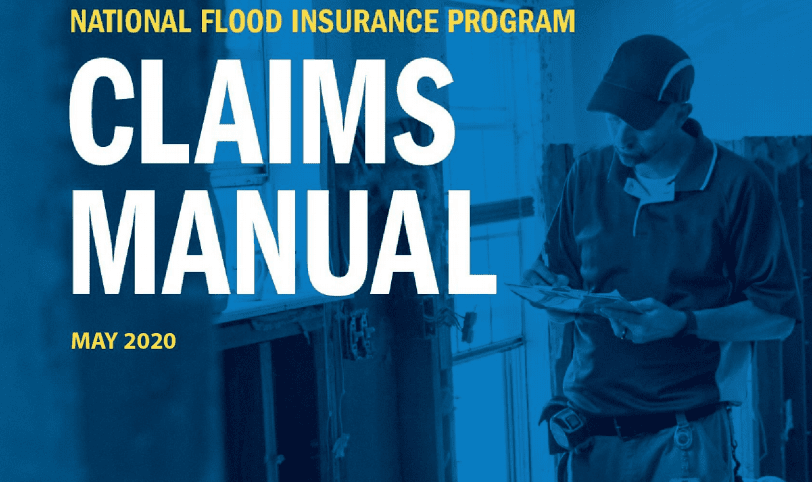Are Some Managers Running the National Flood Insurance Program Corrupt?

The National Flood Insurance Program has been subject to abuse by those in charge of its claims operation. Examples of this are found in previous blog posts, New Jersey Senator Menendez Calls for Investigation into Manipulated Expert Reports, and Senators Launch Sandy Task Force in Washington, DC. A November 2021 Press Release by Senator Menendez called for National Flood Program reform through new legislation and noted in part:
Oversight of Write Your Own (WYO) Companies. Creates new oversight measures for insurance companies and vendors, and provides FEMA with greater authority to terminate contractors that have a track record of abuse.
Claims and Appeals Process Reforms Based on Lessons from Sandy. Fundamentally reforms the claims process based on lessons learned in Superstorm Sandy and other disasters, to level the playing field for policyholders during appeal or litigation, bans aggressive legal tactics preventing homeowners from filing legitimate claims, holds FEMA to strict deadlines so that homeowners get quick and fair payments, and ends FEMA’s reliance on outside legal counsel from expensive for-profit entities.
I am raising this point after coming across a National Flood dispute where it appears that National Flood Administrators changed its claims manual from a longstanding claims practice just to win some cases in Louisiana.1 A federal judge noted:
The 2021 Claims Manual eliminates that section of the 2020 Manual dealing with sheathing. In the Comment section regarding the change, it states:
FEMA is removing guidance specific to sheathing. The SFIP requires direct physical loss by or from flood, and there must be evidence of physical changes to the property for coverage. The adjuster should document damage caused by the flood . . . and include the appropriate scope of repair for covered damage. As this approach mirrors general NFIP claim handling guidance, FEMA no longer believes a separate section addressing sheathing is warranted.
(NFIP Claims Manual Table of Changes 29, Doc. 72-1.)
In a prior ruling, the federal judge relied in part upon the prior National Flood claims manuals and technical bulletins regarding sheathing, which National Flood retroactively was trying to avoid:
In sum, reading the SFIP in pari materia with the Claims Manual and [Technical Bulletin] 2 establishes that Class 1 fiberboard sheathing is compensable upon proof that it came into contact with floodwater. Here, the summary judgment evidence establishes that Plaintiff’s home was inundated with more than two feet of floodwater for multiple days, removing any doubt that floodwater contacted her sheathing. Thus, under the SFIP, Plaintiff is entitled to reimbursement for her fiberboard sheathing, provided she has otherwise satisfied the SFIP’s requirements for additional payment.
Indeed, the court noted:
According to Technical Bulletin 2/August 2008 entitled Flood Damage Resistant Materials Requirements for Buildings Located in Special Hazard Areas in Accordance with the National Flood Insurance Program, Class 1 and 2 building materials ‘cannot survive the wetting and drying associated with floods.’
Knowing that National Flood customers were relying upon National Flood’s own words to prove more monies were owed, National Flood administrators simply changed the manual to cheat its customers out of monies overwise owed. That is not right.
Congress should conduct an investigation and reform the National Flood Insurance Program. The Executive should “clean house” to get administrators who will demand integrity. It is obviously being run in part by those who look to shortchange policyholders by technical requirements and who will change the rules mid-stream to win at all costs.
Thought For The Day
The government is so out of control. It is so bloated and infested with fraud and deceit and corruption and abuse of power.
—Ted Nugent
____________________________________
1 Hatcher v. Allstate Ins. Co., No. 3:17-cv-898 (M.D. La. Feb. 4, 2022).







